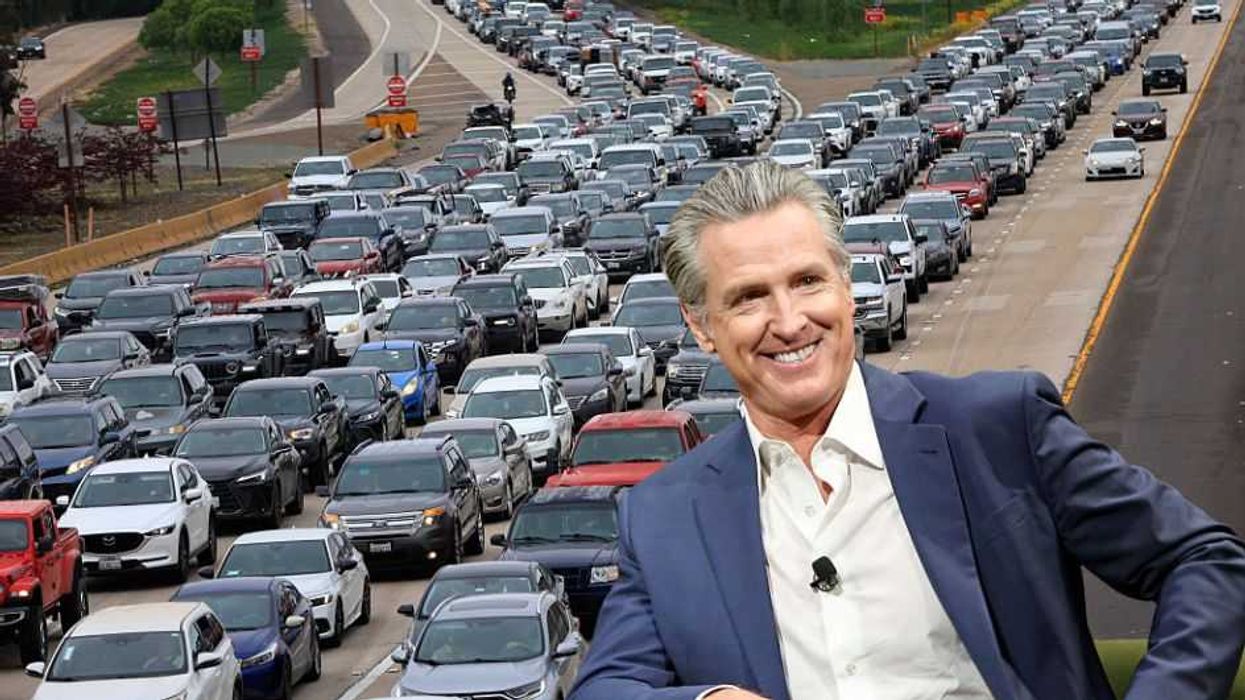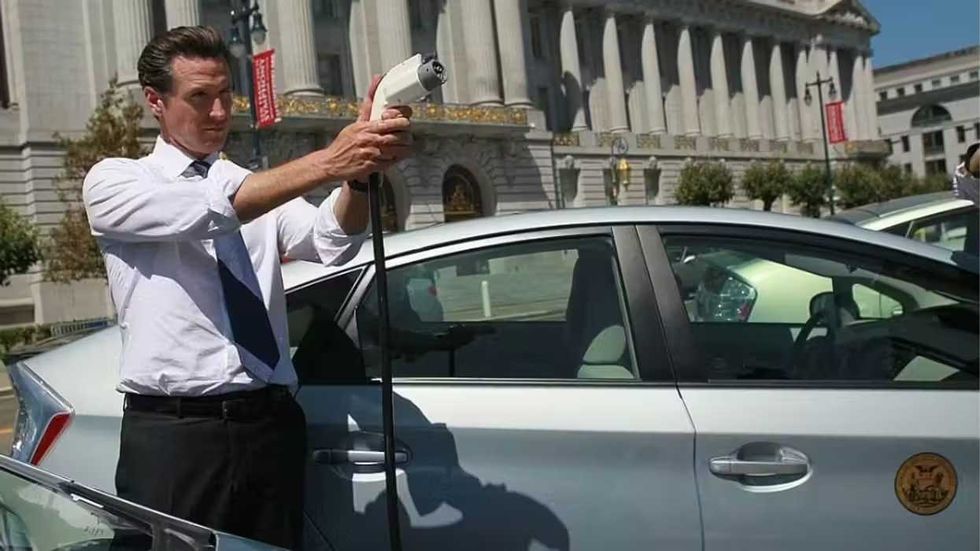
Kevin Carter/Yana Paskova/Getty Images

When it comes to emissions policy, it's time the Golden State took a back seat.
California, your days driving U.S. emissions policy are numbered.
That's the message behind House Bill H.R. 4117, the Fuel Emissions Freedom Act — and it's shaking up the automotive world.
Even if it clears Congress, lawsuits are certain. California has never been shy about using the courts to defend its regulatory turf.
First introduced on June 24, 2025, and now under review by the House Committee on Energy and Commerce, the legislation seeks to repeal federal and state motor vehicle emission and fuel economy standards under the Clean Air Act and related laws.
Its stated goals? Lower costs for consumers, simplify compliance for automakers, and revive U.S. competitiveness. But behind the legal jargon lies a direct challenge to one of the most powerful forces in U.S. auto regulation: California.
The bill, sponsored by Republican Rep. Roger Williams of Texas and co-sponsored by Republican Reps. Michael Cloud (Texas), Brandon Gill (Texas), and Victoria Spartz (Ind.), takes aim at Section 202 of the Clean Air Act (federal emissions standards) and portions of Title 49 of the U.S. Code (CAFE standards).
But the sharp end of H.R. 4117 is pointed directly at state-level mandates like California’s Advanced Clean Cars II program, which requires 100% zero-emission vehicle sales by 2035. If passed, the bill would prevent California — and any other state following its lead — from setting their own emission or fuel rules, putting Washington and Sacramento directly at odds.
Supporters argue the current system of EPA rules layered with California’s mandates and CAFE standards create a regulatory maze that raises costs and limits choice.
The Fuel Emissions Freedom Act promises to fix this by:
RELATED: The Stop CARB Act: A bold move to rein in California’s control over emission rules

Crucial to that power is the state's unique authority under the Clean Air Act to set its own emission standards, with other states free to follow its lead. For decades, this waiver has allowed California to dictate national auto policy by sheer market size.
H.R. 4117 would revoke that authority, ending California’s role as the de facto regulator for the entire U.S. auto market. Supporters call this a win for fairness and consumer freedom; opponents call it an assault on states’ rights and climate progress.
As of September 2025, the Fuel Emissions Freedom Act sits in committee, facing heavy opposition from Democrats, environmental groups, and California lawmakers. Even if it clears Congress, lawsuits are certain. California has never been shy about using the courts to defend its regulatory turf.
The sheer viciousness of the fight ahead is a testament to how much is at stake: this is about nothing less than who controls America’s automotive future — Washington, Sacramento, or the free market.
Lauren Fix